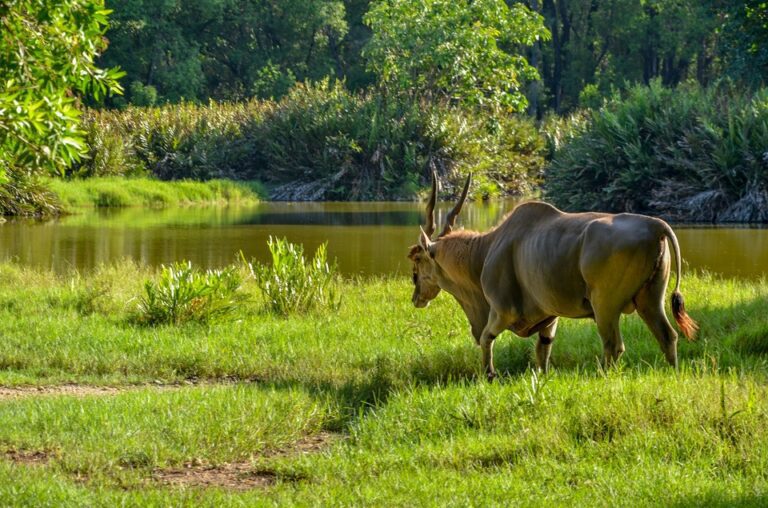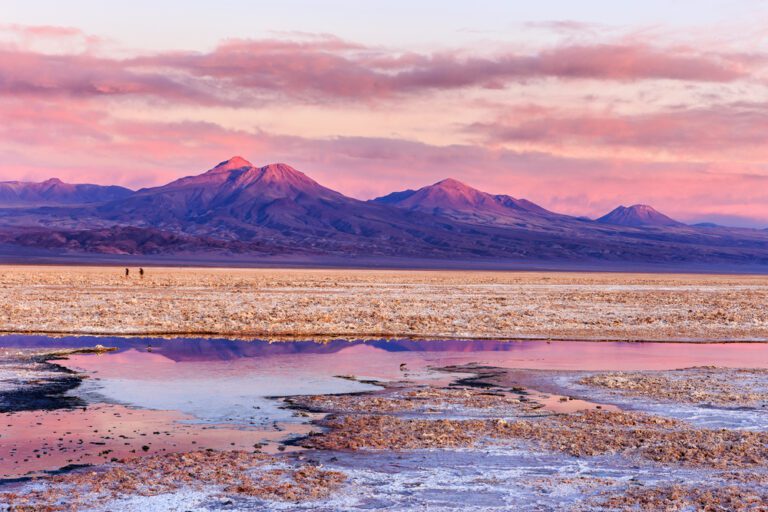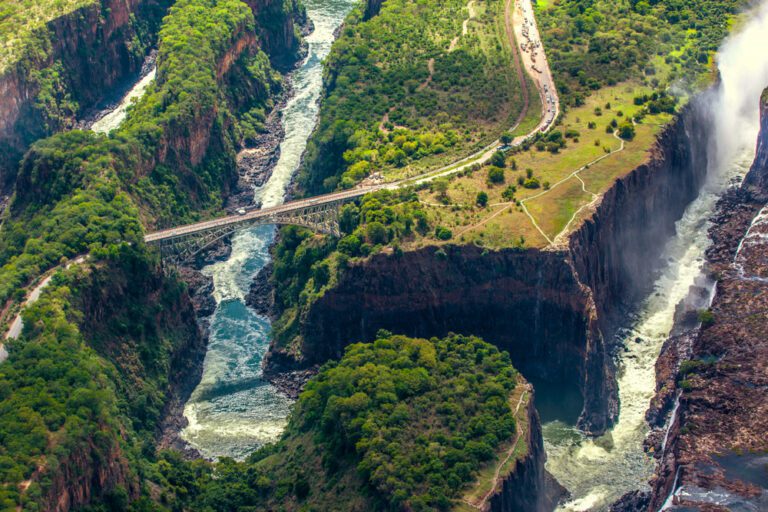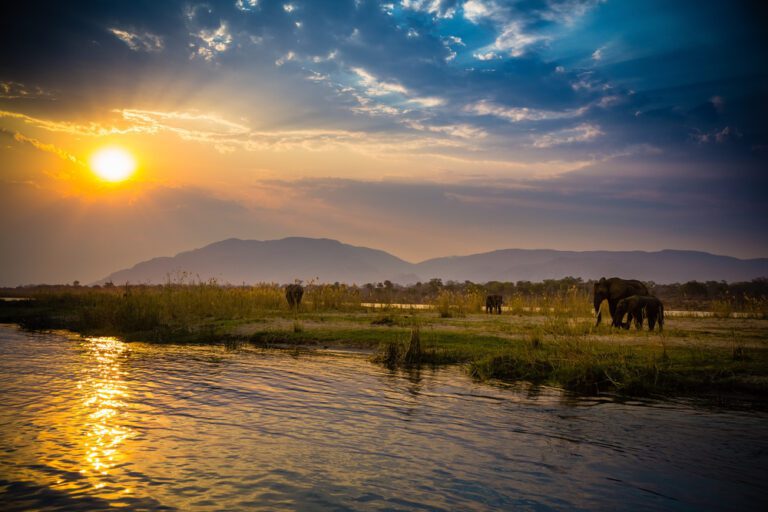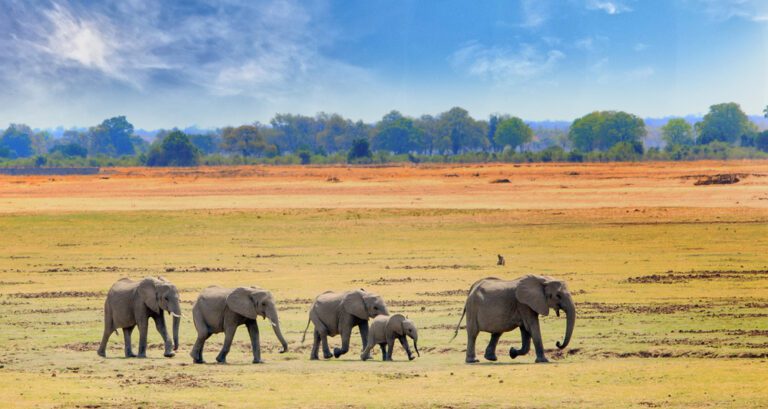By the wreckage of an Argentinean Chinook, my guide Patrick Watts MBE, passed me a black-and-white photograph. Taken in 1982, it showed a droopily droopy moustachioed Watts in Stanley radio station – where he was a Dj at the time – being handed a sheet of announcements by an Argentine officer with a holstered firearm. “I was on air when Argentina invaded the Falklands,” he said. “I was ordered to announce things like curfews and blackouts. I wasn’t spreading their propaganda; I had to warn islanders how to stay safe.” Recordings of his live broadcast capture him saying: “I’m not going to communicate your information with a gun at my back.”
He’s too modest to mention such coolness himself. Life on this 778-island archipelago on the other side of the world has moved on since the conflict. But the natural elements remain unforgiving. Seas are towering. The westerly winds can knock you sideways. Few flights land, compounding the geographic isolation. And Argentina fervently presses her claim to Las Malvinas. But with fisheries wealth and the expectation of oil, the Falkland Islands’ economy is booming. So too is Falklanders’ confidence in their place in the world since 2013’s referendum on whether to remain a UK Overseas Territory was a 99.8% YES.
“Were resolute, tenacious, proud to be staunchly British, and determined to retain our right to self-determination,” said Watts. Such fortitude characterises today’s Falklanders. I hoped to experience how their microcosmic society thrives and to learn how the events of 1982 shaped them in a setting of otherworldly remoteness. Part of the Falklands’ new wealth comes from wildlife tourism, an experience that is, I was to discover, every bit as intimate as visiting the Galapagos. Without overly anthropomorphising, there are shared qualities between man and beast here (even if a million penguins don’t give a flying fish whether the Union Jack flutters or not).

From the thick skin of the elephant seals to the courage of the rockhopper penguins – which jump into seas full of killer whales -endurance rules the waves. As the international flight from Chile runs just once a week, that’s how long I stayed. This gave me time to venture from the main islands of East Falkland (home to Stanley) and West Falkland to the archipelago’s extremities: tiny islets where tenacious locals eke a living from tourism. The government-run light aircraft service (or F1GAS) connects these islands. At 6.15pm each evening, the following day’s passenger lists are announced on the radio, guaranteeing everybody in this close-knit society knows everyone’s business.


